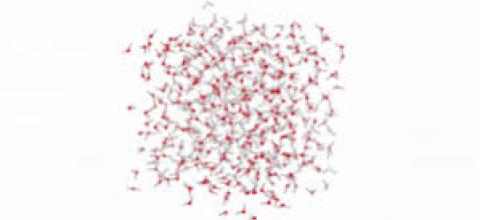
Re-engineering Lilly’s KisunlaTM into a novel antibody targeting IL13RA2 against GBM using AI-driven macromolecular modeling
Atrium Health Levine Cancer
Status: In Progress
A brainwide “universal translator” for neural dynamics at single-cell, single-spike resolution
Columbia University
Status: Declined